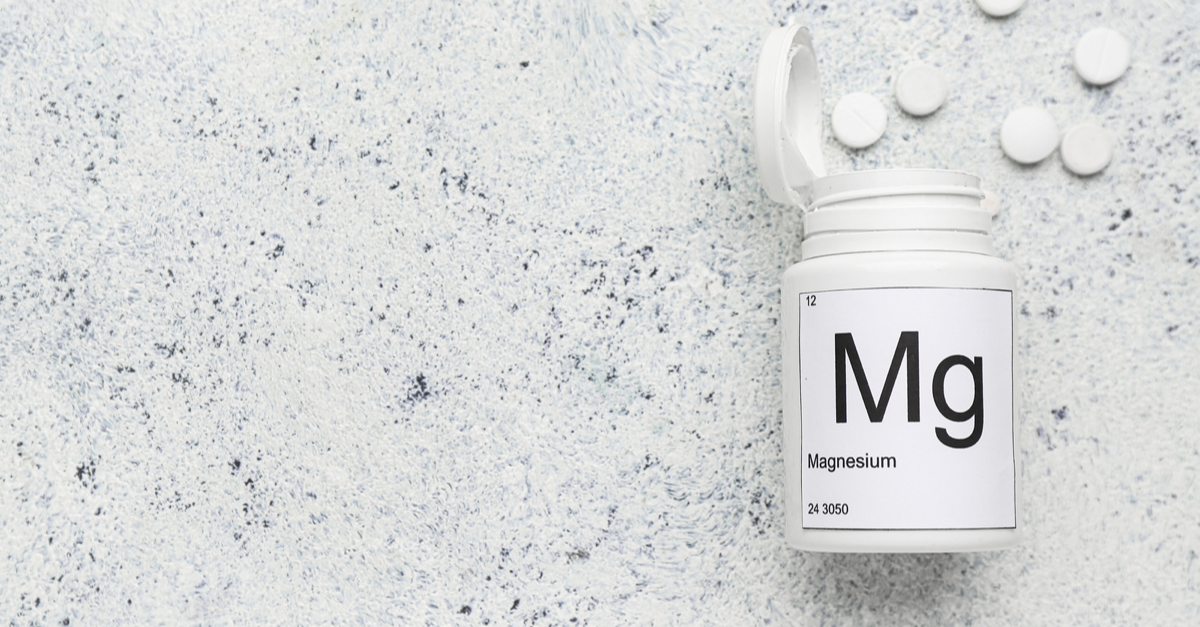
Magnesium, an essential mineral involved in over 300 biochemical reactions within the body, plays a crucial role in anxiety management. Here are some of the benefits of magnesium for anxiety and how long it take for magnesium to work:
- Regulation of Neurotransmitters: Magnesium helps regulate neurotransmitters, including serotonin, which is often referred to as the “feel-good” neurotransmitter. Serotonin levels influence mood and anxiety, and magnesium facilitates its production and function, promoting a sense of calmness and well-being.
- Stress Reduction: In times of stress, how long it take for magnesium to work when the body depletes its magnesium stores at a faster rate. Supplementing with magnesium can help replenish these stores, reducing the physiological response to stress and promoting relaxation.
- Muscle Relaxation: Magnesium is known for its muscle-relaxing properties. Tense muscles are a common physical symptom of anxiety, and magnesium helps alleviate muscle tension, promoting physical relaxation and reducing feelings of restlessness and agitation.

- GABA Regulation: Gamma-aminobutyric acid (GABA) is a neurotransmitter that helps calm the nervous system. Magnesium enhances GABA receptor function, which can lead to a reduction in anxiety symptoms by promoting relaxation and reducing overexcitation in the brain.
- Improved Sleep Quality: Anxiety often disrupts sleep patterns, leading to insomnia or poor sleep quality. Magnesium supplementation has been shown to improve sleep duration and quality by promoting relaxation and reducing stress, which can in turn alleviate anxiety symptoms.
- Cardiovascular Health: Magnesium is essential for maintaining a healthy heart and blood vessels. Anxiety can have detrimental effects on cardiovascular health, including increased heart rate and blood pressure. By supporting cardiovascular function, magnesium can help mitigate these effects and reduce the risk of heart-related complications associated with anxiety.
- Anti-inflammatory Effects: Chronic inflammation has been linked to anxiety disorders. Magnesium exhibits anti-inflammatory properties, which can help reduce inflammation in the body and potentially alleviate symptoms of anxiety.
Incorporating magnesium-rich foods such as leafy greens, nuts, seeds, and whole grains, or taking magnesium supplements under the guidance of a healthcare professional, can be beneficial for individuals looking to manage anxiety naturally.
